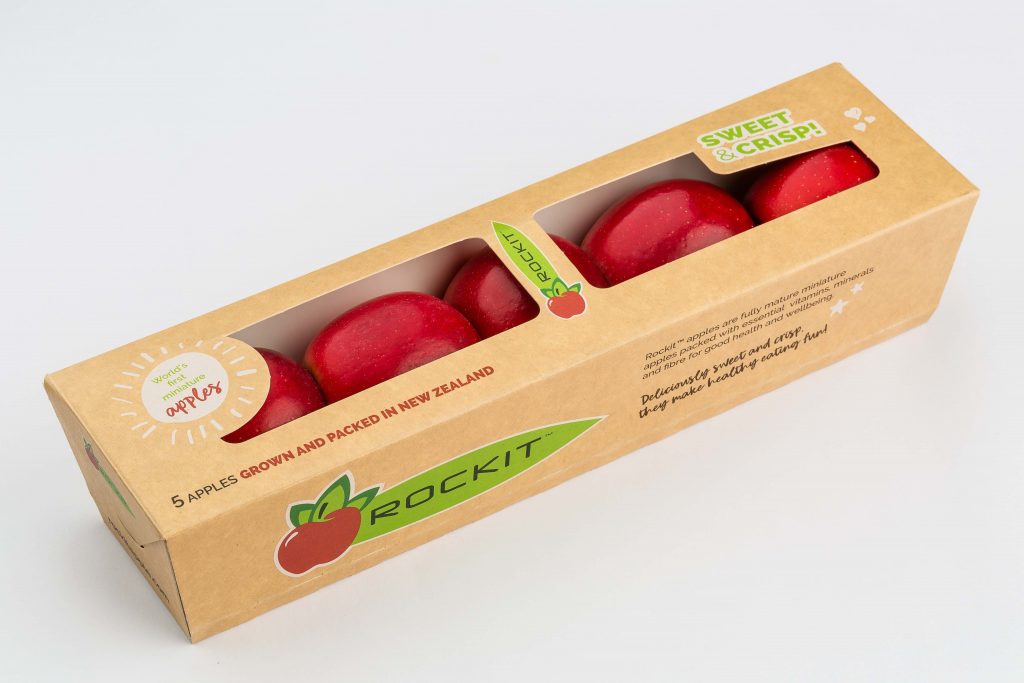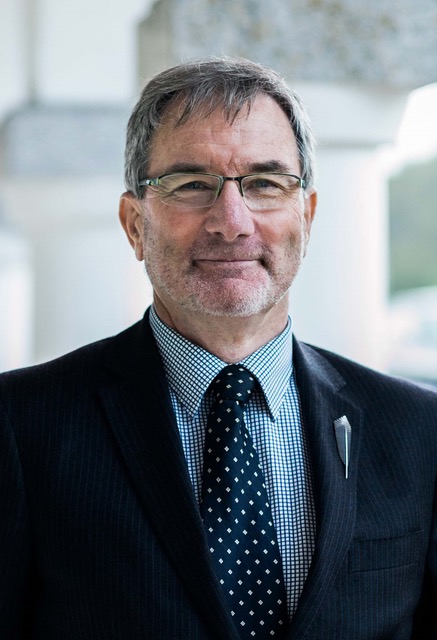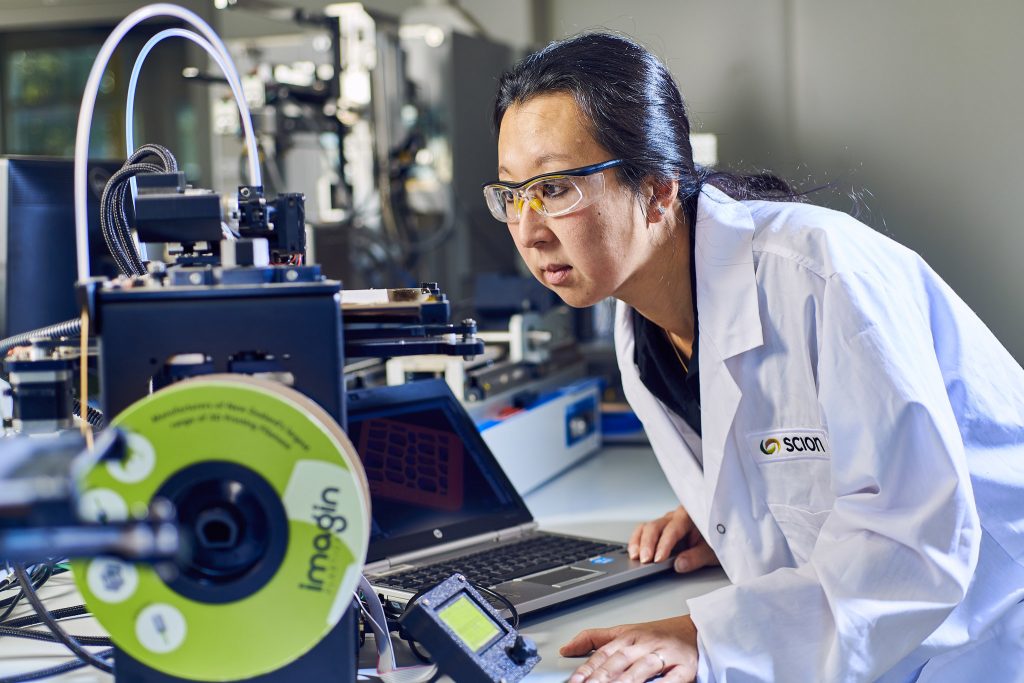Tuesday 15 June 2021 at 5.30pm – Irongate Road, Hastings
Open to Paid-up Members only. Max 40 people. Free of charge.
Booking required, first come first served. We’ll email members once booking opens.

/cloudfront-ap-southeast-2.images.arcpublishing.com/nzme/HFP2K5KUQTTBJ7XURAXSIAKSHY.jpg)

Tuesday 15 June 2021 at 5.30pm – Irongate Road, Hastings
Open to Paid-up Members only. Max 40 people. Free of charge.
Booking required, first come first served. We’ll email members once booking opens.

/cloudfront-ap-southeast-2.images.arcpublishing.com/nzme/HFP2K5KUQTTBJ7XURAXSIAKSHY.jpg)
Friday 21 May 2021 at 6.00pm
EIT Lecture Theatre 1, 501 Gloucester Street, Taradale
Admission by gold coin donation

Distinguished Professor Paul Spoonley FRSNZ, College of Humanities and Social Sciences, Massey University Auckland
In the 2010-2020 period, New Zealand experienced major demographic change : declining fertility, rapid population ageing, and the highest ever net migration gains. All these had implications for New Zealand’s regions, including Hawkes Bay. COVID has confirmed some of these changes and accelerated others. This has become obvious in Hawkes Bay over the picking and processing in the 2020-2021 summer and the reliance on temporary overseas labour. This was always going to be unsustainable and COVID has confirmed this with considerable emphasis. Hawkes Bay will be a very different place in 2030. This talk discusses demographic change – past and future – and the implications for Hawkes Bay.
Distinguished Professor Paul Spoonley was, until recently, the Pro Vice-Chancellor of the College of Humanities and Social Sciences, at Massey University. He is the author or editor of 27 books, including Rebooting the Regions (2016) and The “New” New Zealand. Facing Demographic Disruption (2020). He is currently writing a book on the extreme right in this country. He is a Programme Leader of a research programme on the impacts of immigration and diversity on Aotearoa (MBIE, 2014-2021, $6 million). He was made a Fellow of the Royal Society of New Zealand in 2011 and was granted the title of Distinguished Professor by Massey University in 2013.
Thursday 22 April 2021 – 6:00 PM
EIT Lecture Theatre 1, 501 Gloucester Street, Taradale
Admission by gold coin donation

Dr Marie-Joo Le Guen is a Research Group Leader in Materials, Engineering and Manufacturing at Scion
| Additive manufacturing (AM), including 3D and 4D printing, encompasses some of the most promising technologies currently available. News stories regularly appear featuring exciting creations or innovations, from houses to human hearts, all made possible with AM technologies. Scion anticipates that AM will continue to be one of the biggest and most influential technologies worldwide. As New Zealand transitions to a circular bioeconomy, AM will be a core manufacturing technology going forward. New Zealand has particularly promising arguments for using AM in our journey to a circular bioeconomy. Our small nation is rich in renewable natural materials that can create the new polymers, composites and other performance filaments that are needed to replace the fossil-based products currently in use. Scion has 20 years of research and development experience in biomaterials and 10 years in AM; this is forming the basis of a new, innovative manufacturing sector for New Zealand. Looking to the future, our vision for AM includes cross-disciplinary opportunities with other advanced related technologies such as robotics, virtual and augmented reality, and artificial intelligence. Coupling this highly adaptive technology with the innovative kiwi-mindset, a small but young manufacturing sector, and easy production near supplies of biomass, is a recipe for success. This technology will also bring new opportunities to decrease reliance on some imported materials, while increasing exportable products. These factors and more are the reasons to make AM the next big manufacturing direction in New Zealand. |
| Scion is a Crown Research Institute that specialises in research, science and technology development for the forestry, wood product, wood-derived materials, and other biomaterial sectors. Dr Marie-Joo Le Guen is a Research Group Leader at Scion. Her background is in materials science and additive manufacturing. |
